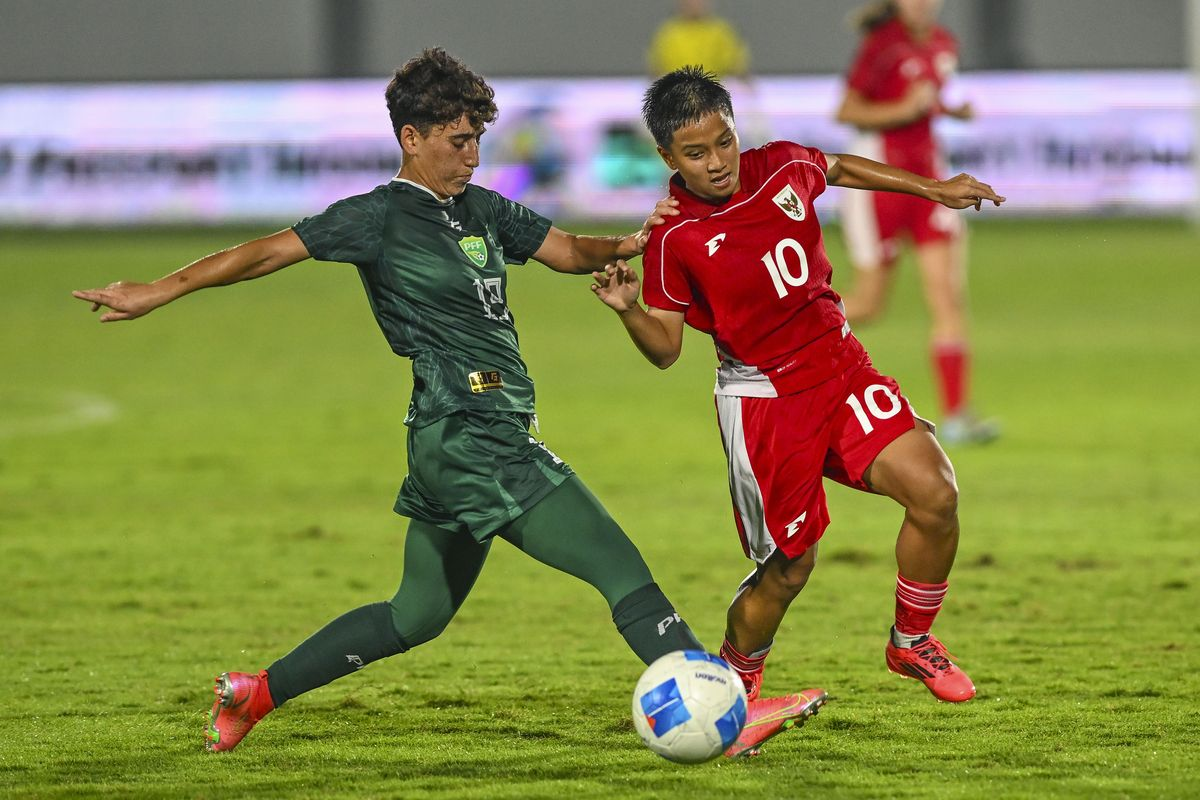A Match That Raised Many Questions
The match between the Indonesia Women’s National Team and Pakistan was initially seen as a warm-up fixture, but the result surprised many. Indonesia’s women had to accept a disappointing defeat, and it didn’t take long before the outcome caught the attention of the public—and especially the Chairman of PSSI, Erick Thohir, who is known for being outspoken about football development in the country.
Rather than lashing out or pointing fingers emotionally, Erick delivered a response that gained praise from many. His words didn’t just critique—they encouraged, inspired, and hinted at the direction women’s football in Indonesia must go.
Erick Thohir Doesn’t Dodge Criticism, But Calls for Progress
After the defeat, Erick Thohir took to his official social media account. In his post, he wrote:
“Losing is part of the process. Our women’s national team isn’t strong yet, but that doesn’t mean they lack potential. This is where we start building, not blaming.”
The statement quickly went viral. Many netizens praised his humble yet visionary stance. Erick clearly understood that the development of women’s football in Indonesia is still a work in progress, and the loss against Pakistan is not the end of the road.
A Systemic Evaluation, Not Just Tactical Mistakes
In his official remarks, Erick highlighted the lack of structured competition and tiered development for female players. Unlike the men’s game, which has established leagues across levels, women’s football still lacks a stable competitive ecosystem.
Key issues pointed out by Erick include:
-
The lack of national and regional women’s football competitions
-
Limited football academies focused on nurturing female talent
-
No integrated system for certified coaches for women’s teams
-
Minimal sponsor and media support for women’s football events
Erick invited all stakeholders—from regional federations, clubs, local governments, to private sectors—to help build the foundation for Indonesia’s women’s football.
Erick Thohir’s Hopes: From Defeat Comes Growth
“If we only make noise when we lose but stay quiet when we win—then we’re just riding the wave, not building the system,” Erick wrote in another post.
He mentioned that now is the perfect time to push for regeneration. His action plans include:
-
Launching U-16 and U-19 women’s football leagues on a consistent basis
-
Partnering with the Ministry of Education and sports schools to develop young female athletes
-
Making Women’s National Team matches part of regular national media broadcasts
-
Holding coaching clinics for women’s football coaches across the country
According to Erick, women’s football won’t grow if it’s treated as an afterthought. It needs equal programming, support, and public attention.
Netizens and Football Community React
The public response to Erick’s statement has been largely positive. Many users posted supportive comments, while several former female athletes also voiced their hopes for the future of the women’s team.
Communities like Pertiwi FC and the Women Football League Indonesia welcomed Erick’s position. They expressed readiness to collaborate with the federation in creating a fairer and more sustainable women’s league system.
The Road is Long, But It Must Begin
The loss to Pakistan is painful for supporters. But as Erick pointed out, results on the field reflect a system that is far from ideal. If we want change, we need more than criticism—we need collective action and consistency.
Now is the time for the public to give women’s players the same platform as men. Not just in terms of support, but also in terms of media coverage, training facilities, and international exposure.
Conclusion: Time for Women’s Football to Take the Spotlight
Erick Thohir’s response after the Indonesia Women’s National Team’s defeat wasn’t just a typical post-match comment. It was a visionary message with real, actionable solutions. Under his leadership, PSSI is beginning to treat women’s football as a core component of Indonesia’s football future.
The loss to Pakistan might hurt, but it could also serve as the spark for a major leap forward. With public support, serious development, and consistent programs, it’s not impossible for the Women’s National Team to become a new powerhouse in Southeast Asia—or even beyond.
